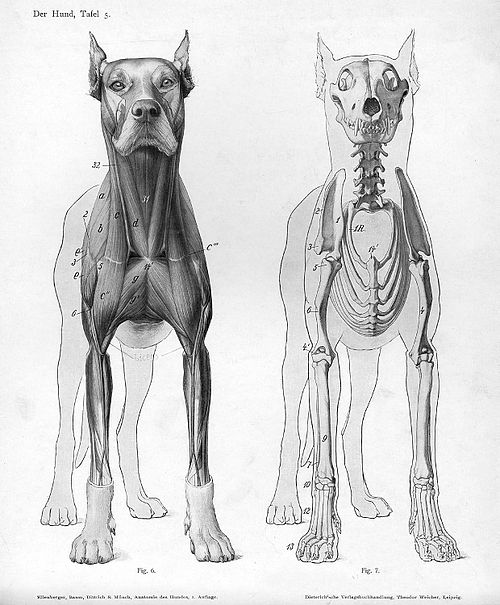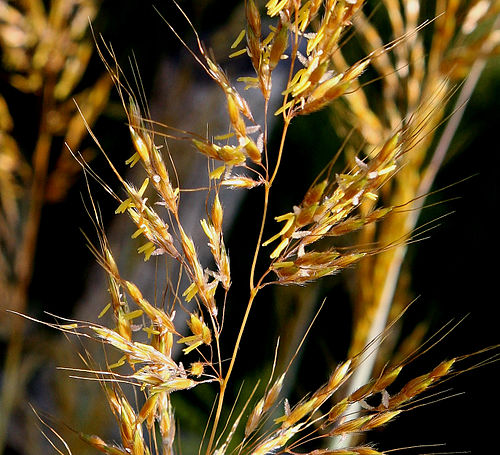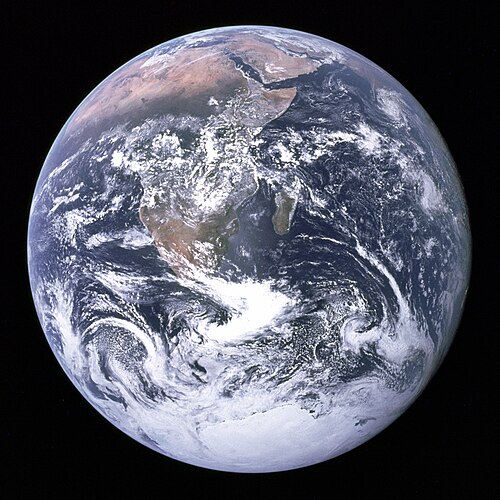Zoologynoun
The part of biology relating to the animal kingdom, including the structure, embryology, evolution, classification, habits, and distribution of all animals, both living and extinct.
Zoologynoun
A treatise on this science.
Zoologynoun
That part of biology which relates to the animal kingdom, including the structure, embryology, evolution, classification, habits, and distribution of all animals, both living and extinct.
Zoologynoun
A treatise on this science.
Zoologynoun
the branch of biology that studies animals
Zoology
Zoology () is the branch of biology that studies the animal kingdom, including the structure, embryology, evolution, classification, habits, and distribution of all animals, both living and extinct, and how they interact with their ecosystems. The term is derived from Ancient Greek ζῷον, zōion ('animal'), and λόγος, logos ('knowledge', 'study').Although humans have always been interested in the natural history of the animals they saw around them, and made use of this knowledge to domesticate certain species, the formal study of zoology can be said to have originated with Aristotle.
Ecologynoun
(biology) The branch of biology dealing with the relationships of organisms with their environment and with each other.
Ecologynoun
the branch of biology concerned with the various relations of animals and plants to one another and to their surrounding environment.
Ecologynoun
the environment as it relates to living organisms;
Ecologynoun
the branch of biology concerned with the relations between organisms and their environment
Ecology
Ecology (from Greek: οἶκος, and -λογία, ) is the study of the relationships between living organisms, including humans, and their physical environment [1], [2]. Ecology considers organisms at the individual, population, community, ecosystems, and biosphere level.


































